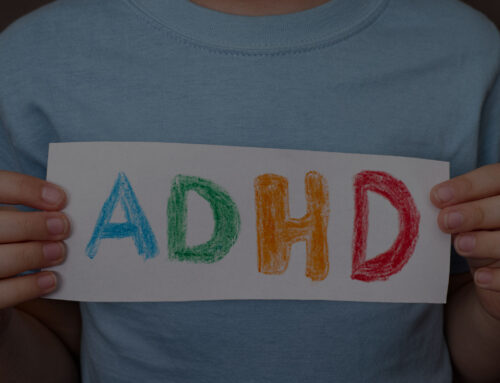Experiencing a major accident or undergoing surgery can be life-altering events that affect not only your physical health but also your mental and emotional well-being. The aftermath of such an experience often involves more than just physical recovery; it’s a time when your mental health becomes just as crucial to your healing process. Here’s how to navigate your mental health journey after a major accident or surgery.
Understanding the Emotional Impact
After a traumatic event, it’s common to experience a range of emotions, including fear, anxiety, sadness, and even anger. These feelings are a natural response to a life-changing event. However, if left unaddressed, they can lead to more serious mental health issues, such as depression, post-traumatic stress disorder (PTSD), or chronic anxiety.
Acknowledging Your Feelings
The first step in dealing with your mental health post-accident or surgery is to acknowledge your feelings. It’s okay to feel vulnerable, scared, or overwhelmed. These emotions are valid and part of the healing process. Talk about your feelings with a trusted friend, family member, or therapist who can provide support and understanding.
The Role of Therapy
Seeking professional help is crucial in managing your mental health after such an event. Therapy can provide a safe space to explore your emotions, develop coping strategies, and work through any trauma. Cognitive-behavioral therapy (CBT) is particularly effective in addressing negative thought patterns that may arise after an accident or surgery.
If you are struggling with flashbacks, nightmares, or intrusive thoughts related to the trauma, a therapist trained in trauma-focused therapy or Eye Movement Desensitization and Reprocessing (EMDR) can be especially helpful.

Building a Support System
Isolation can exacerbate feelings of anxiety and depression. Surround yourself with a strong support system of friends, family, and healthcare professionals. These individuals can offer emotional support, assist with daily tasks, and encourage your recovery. Don’t hesitate to lean on them when you need to.
Practicing Self-Compassion
It’s essential to be kind to yourself during this time. Recovery is not linear, and there will be good days and challenging days. Allow yourself to rest and take breaks when needed. Celebrate small victories, such as getting out of bed, going for a short walk, or simply taking a shower. These steps, however small, are significant markers of progress.
Managing Anxiety and Stress
Post-surgery or accident recovery often comes with anxiety about the future, whether it’s related to physical abilities, work, or relationships. Practice mindfulness techniques, such as deep breathing, meditation, or gentle yoga, to help manage these feelings. Engaging in these activities can reduce stress, improve mood, and promote a sense of calm.
Setting Realistic Goals
Setting small, achievable goals can give you a sense of purpose and control over your recovery. Whether attending a follow-up appointment, starting a new hobby, or gradually increasing physical activity, these goals can help you stay focused and motivated. Celebrate each accomplishment, no matter how minor it may seem.
Recognizing the Need for Medication
In some cases, medication may be necessary to help manage symptoms of anxiety, depression, or PTSD. Consult with your healthcare provider or psychiatrist to discuss whether medication might be a helpful component of your treatment plan. Remember, taking medication is a valid and sometimes necessary part of recovery.
Staying Connected
Staying connected with others who have gone through similar experiences can be incredibly beneficial. Support groups, either in person or online, can provide a sense of community and understanding. Sharing your journey with others who have walked a similar path can offer comfort, reduce feelings of isolation, and inspire hope.

When to Seek Help
If you find that your mental health is deteriorating, or if you’re struggling to cope with daily life, it’s important to seek help immediately. Warning signs include persistent feelings of sadness, hopelessness, irritability, or thoughts of self-harm. Reaching out to a mental health professional can provide the support and treatment necessary to help you navigate this challenging time.
Conclusion: Healing Is a Journey
Recovering from a major accident or surgery is a journey that involves both physical and mental healing. By acknowledging your feelings, seeking professional help, building a support system, and practicing self-compassion, you can take important steps toward healing your mind and body. Remember, you don’t have to go through this alone—support is available, and healing is possible.
If you or a loved one are struggling with the emotional aftermath of an accident or surgery, our team of experienced therapists is here to help. Contact us today to schedule an appointment and start your journey toward recovery.





